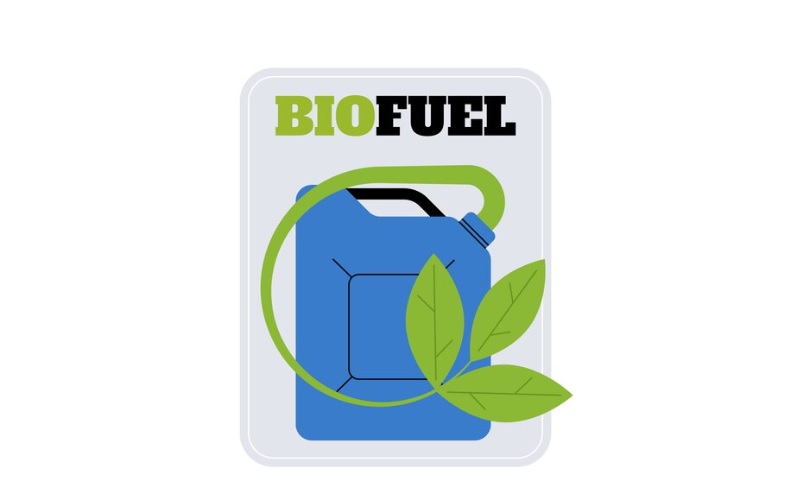Brazil’s ethanol production is projected to decline by around 8% this year, according to a report from the USDA’s Foreign Agricultural Service dated August 31. In contrast, ethanol consumption is anticipated to rise by nearly 4%.
As the world’s second-largest ethanol producer, behind only the U.S., Brazil’s total production for 2024 is expected to hit 32.5 billion liters (about 8.59 billion gallons), down from 35.36 billion liters in 2023 but an increase from 30.75 billion liters in 2022. This year’s forecast includes 25.5 billion liters of sugarcane ethanol and 7 billion liters of corn ethanol, with cellulosic ethanol production estimated at 51 million liters.
Fuel ethanol production is likely to decrease to 28.83 billion liters in 2024, compared to 31.31 billion liters last year and 27.6 billion liters in 2022.
On the export front, Brazil continues to outpace its imports significantly. Ethanol exports for 2024 are expected to reach 2.6 billion liters, which includes 320 million liters of fuel ethanol. This is a slight increase from 2.51 billion liters and 315 million liters last year.
Brazil is projected to import just 200 million liters of ethanol this year, with 197 million liters classified as fuel ethanol. This marks a notable rise from last year’s imports of 59 million liters, which included 57 million liters of fuel ethanol.
Ethanol consumption in Brazil is forecasted to reach 31.9 billion liters in 2024, up from 30.76 billion liters in 2023 and 29.7 billion liters in 2022. Specifically, fuel ethanol consumption is expected to climb to 29.71 billion liters, an increase from 28.67 billion liters last year and 27.6 billion liters in 2022.
The country is set to operate 333 sugarcane ethanol plants this year, a slight increase from 330 in 2023 but a decrease from 337 in 2022. The total nameplate capacity of these plants is expected to reach 55.1 billion liters annually, up from 54.96 billion liters last year and 54.28 billion liters in 2022.
Additionally, Brazil currently boasts 22 biorefineries dedicated to processing corn or both corn and sugarcane feedstocks, a rise from 17 facilities in the previous two years. These facilities have a combined capacity of approximately 5.6 billion liters per year, compared to 5.49 billion liters in 2023 and 5 billion liters in 2022.
Moreover, Brazil operates two facilities producing cellulosic ethanol, which have a total capacity of 164 million liters. This is a significant increase from the single facility that existed last year with an 82 million liter capacity.





